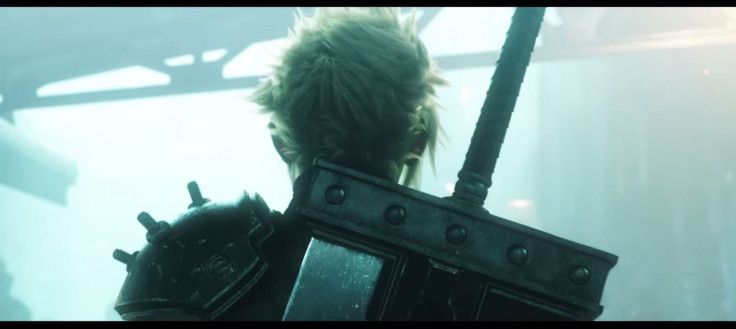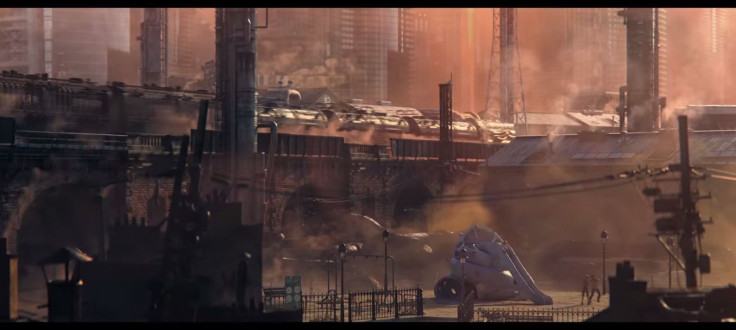Square Enix Is Remaking 'Final Fantasy VII' For PS4 And Xbox One, But Will It Be As Good As The Original?

Sony and Square Enix surprised the world at E3 2015, announcing a full remake of the most popular game in the Final Fantasy series: the legendary Final Fantasy 7. The game was originally released in 1997 on the PlayStation One and has amassed a fervent fanbase over its twenty year life, but fans have been clamoring for an HD remake for years. They’re finally getting one, but why now?
Final Fantasy VII has long been a giant in the Japanese role playing game genre (JRPG), laying the groundwork both future Final Fantasies and other JRPGs would follow; you can’t have a conversation about “the best RPG,” Japanese or otherwise, without someone quickly throwing this game’s name into the ring. Square Enix is very well aware of their fans’ adoration. They’ve produced spinoffs in the past, from the well-received “Crisis Core” to the better-off-forgotten “Dirge of Cerberus” and “Advent Children” CGI film. Varying quality of tie-ins aside, these properties generally make Square Enix a considerable amount of money. If the demand and love for the IP is still there, why would Square not want to capitalize?
It’s not that simple, however. This isn’t a (comparatively) simple HD remaster like the re-released editions of Final Fantasy X and X-2; it’s a full-on, from the ground up, put-on-a-pot-of-coffee-this-will-take-a-while remake. With something as nebulous and large as FFVII, from an era where more games had vast worlds and characters that may not fly today, this is a daunting proposition.
Reliving A Legend
When Final Fantasy VII was initially released in the middle of the PS1’s lifecycle, it was revolutionary -- gone were 2D sprites, now we had 3D polygonal character models and three-dimensional environments to explore. We take that for granted now, but as far as the modern Japanese RPG is concerned, this was 3D Genesis. Adding a constant third dimension to the mix opened up so many possibilities, though FFVII retained the traditional turn-based battle system the series had become known for. But that’s not the only thing that’s cemented in the memory of gamers.
FFVII’s story was written and delivered in an era when Square took itself a bit less seriously, and Final Fantasy games were allowed to have a few diversions from the angst and save the world/impending doom/we’re all going to die atmosphere. One of its main characters, Barrett, had a miniature gatling gun on his arm. Cid was a chainsmoker who constantly swore.
Main protagonist Cloud donned women’s clothes to infiltrate a brothel, a situation that morphed into a slapstick comedy about gender and sexuality. Cloud found himself trapped in a sauna with a group of stereotypical homosexual bodybuilders, and dryly joking about the situation. It’s difficult to imagine a game presenting the same kind of scenarios today without Internet backlash.

Bringing this story to life in 2015 raises a host of questions: What dialogue and situations stay original? How, if at all, do characters have to change? How does Square handle voice acting in a game that didn’t originally have voices? How do they scale the original’s massive world? How long will it take to develop? Most importantly, how can the remake live up to the massive expectations of the fanbase?
Moreover, what kind of timetable is there for such a project? Square Enix’s last project on this scale is the beleaguered Final Fantasy XV, which has been in development in one form or another since 2006 and though it’s now in a limited beta demo, does not have a final release date. While it’s great to see Square Enix announce that they are indeed remaking the game, they don’t have the best track record in the past ten years.
But perhaps the team has learned a thing or two during FFXV’s development. We’ll have wait and see. “After a long sleep, time has come.”
© Copyright IBTimes 2025. All rights reserved.




















